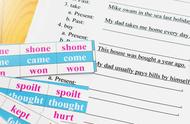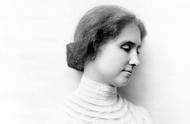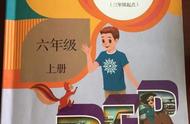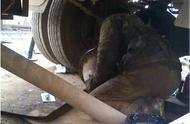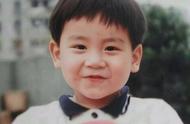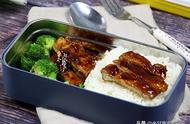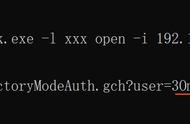在英语学习过程中,同学们可能都已发现好几个英语单词或词组的汉语意思是一样的,但它们在具体的题目当中的用法却不一样,每个都有它独特的地方,在考试中就考它们各自的特别之处,所以同学们对这样的同义词或近义词要格外注意,必须把它们弄明白。否则就容易混淆,做题当然就错了!今天老师给大家详细介绍also,too,either和as well这四个“也”的具体用法归纳!你都会吗?一定要看看。

1、also 一般放在肯定句中,位置是在be动词、情态动词和助动词之后,实义动词之前,有时为了强调,也可以放在句首。
例如:
He is also a good and healthy boy.他也是一个既善良又健康的男孩。
We can also go to the Tom's birthday party.我们也可以去参加汤姆的生日派对。
My friend has also had the chicken and salad.我的朋友也吃了鸡肉和沙拉。
You also need a pair of trousers in blue for school.你也需要一条上学穿的蓝色裤子。
Also, you must come to my home, of course.当然,你也必须来我家。
2、too常放在肯定句句末,前必须有“,”把它和前面的句子分开。
例如:
Tina is a nice girl, and Jane is a nice girl, too.缇娜是一个漂亮的女孩。简也是一个漂亮的女孩。
My father can draw pictures well, me too.我爸爸画的画好,我也是。
3、either常用于否定句和疑问句中,前也必须有“,”,把它和前面的内容分开。
例如:
I don't like math, my brother Bob doesn't like it, either, because we think it's so difficult.我不喜欢数学,我的兄弟鲍勃也不喜欢,因为我们都认为它学起来太难了。
Why don't you play tennis with your sister, either?为什么你也不和你的姐姐打网球呢?
4、as well 也常用于肯定句中,总是放在句末,但是前面不用“,”。
例如:
My grandpa likes doing some kung fu, my grandma likes it as well.我爷爷喜欢练武术,我奶奶也是。
For breakfast, she has bread and milk, and I have them as well.早餐,他吃了面包和牛奶,我也是。


